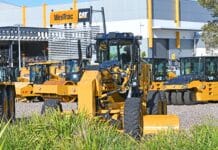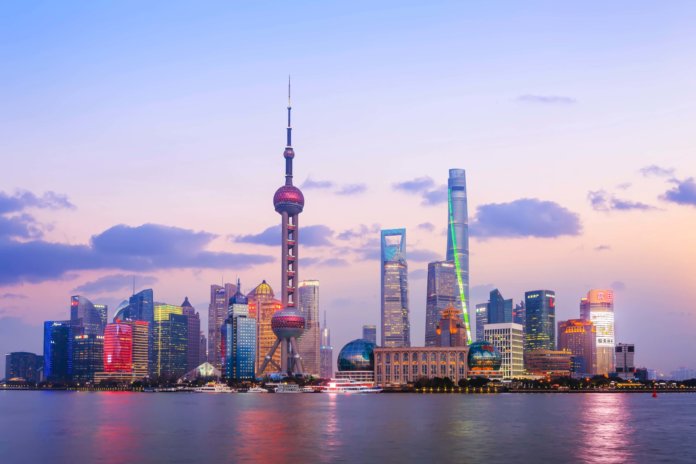
China’s shift into a profit-based economy over the last 30 years has facilitated the establishment of uncountable goliath companies, commanding acute international attention for investors as China now conducts the second-largest economy in the world.
The majority of the Chinese industry is wholly controlled by the state, and Forbes and Fortune 500 lists are including an increasing number of state-owned Chinese companies. However, a recent governmental initiative to allow private investors to achieve autonomy and industrial growth is slowly aiding more private and family-owned businesses to reach their capital targets.
China persists as the world’s largest exporter since 2009, and some of its family-owned businesses are facilitating notable growth to the country’s reputation as a primary industrial manufacturer.
We have compiled a list of the five largest family-owned companies in China by revenue.
5. Great Wall Motors
Revenue: $14.96 billion
Founded: 1984, Wei Family
Employees: 68,505
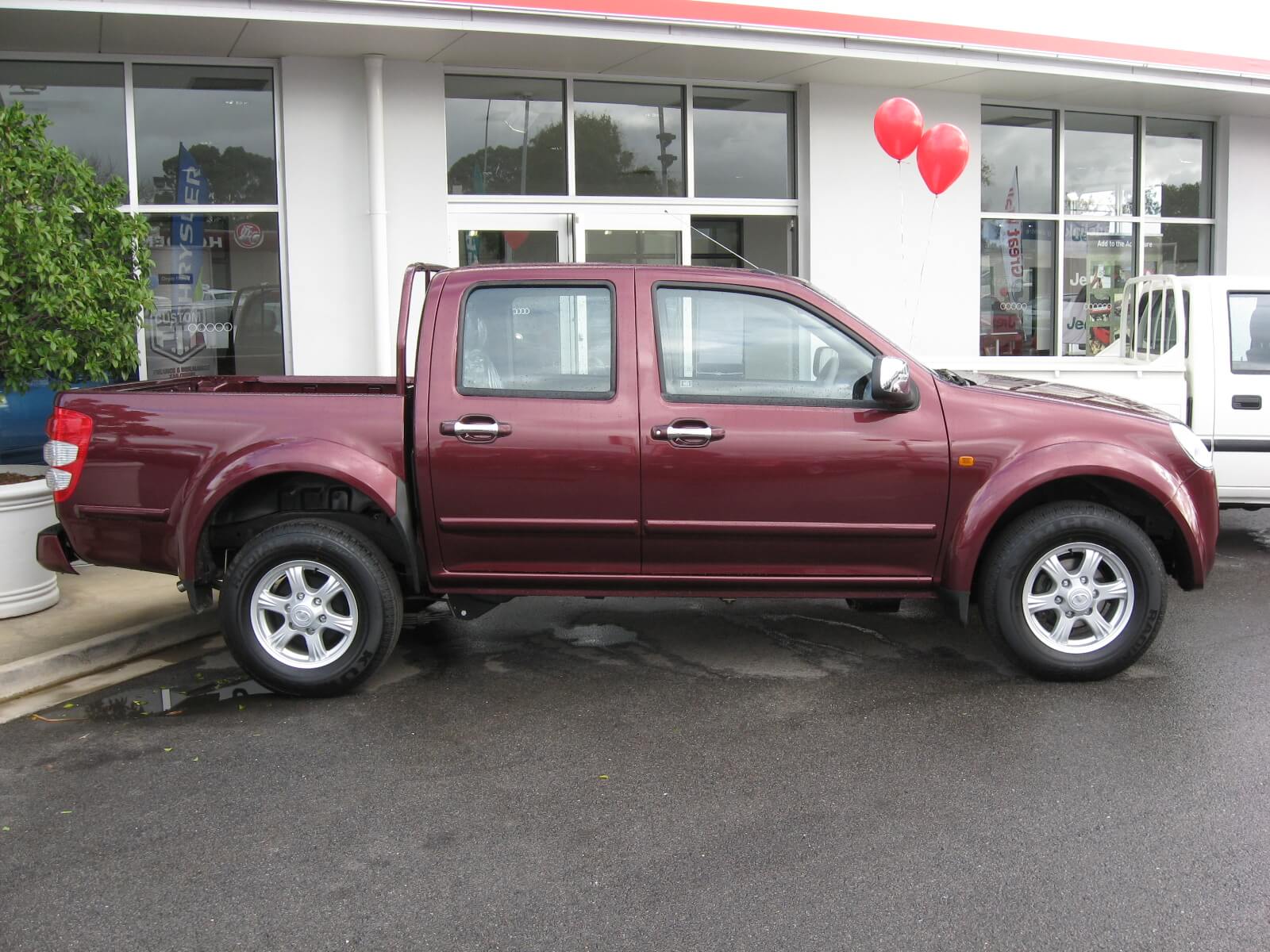
This auto manufacturer began its reign in the mid-80s by developing only truck parts before expanding into sedans in 2010. The expansion into sales and trade in Europe and Australia led to a domination over the SUV market.
The brand has remained consistent in new development, releasing new SUV models almost annually, and introduced its own electric vehicle in 2017. The all-electric ORA R1 is a reasonably affordable version of its kind, with a battery pack that promises to achieve a range of 194 miles – an enviable duration, eclipsed only by the Tesla models X, 3 and S, and the Chevrolet Belt.
Great Wall’s primary manufacturing branch is located in Hebei but has production bases in mainland China as well as numerous international locations. The company currently acts as China’s largest SUV and pickup manufacturer. Great Wall Motors was listed among China’s 500 most valuable brands and has made the Forbes Asia Fabulous 50 list four times.
4. Midea Group
Revenue: $37.4 billion
Founded: 1968, He Family
Employees: 101,826
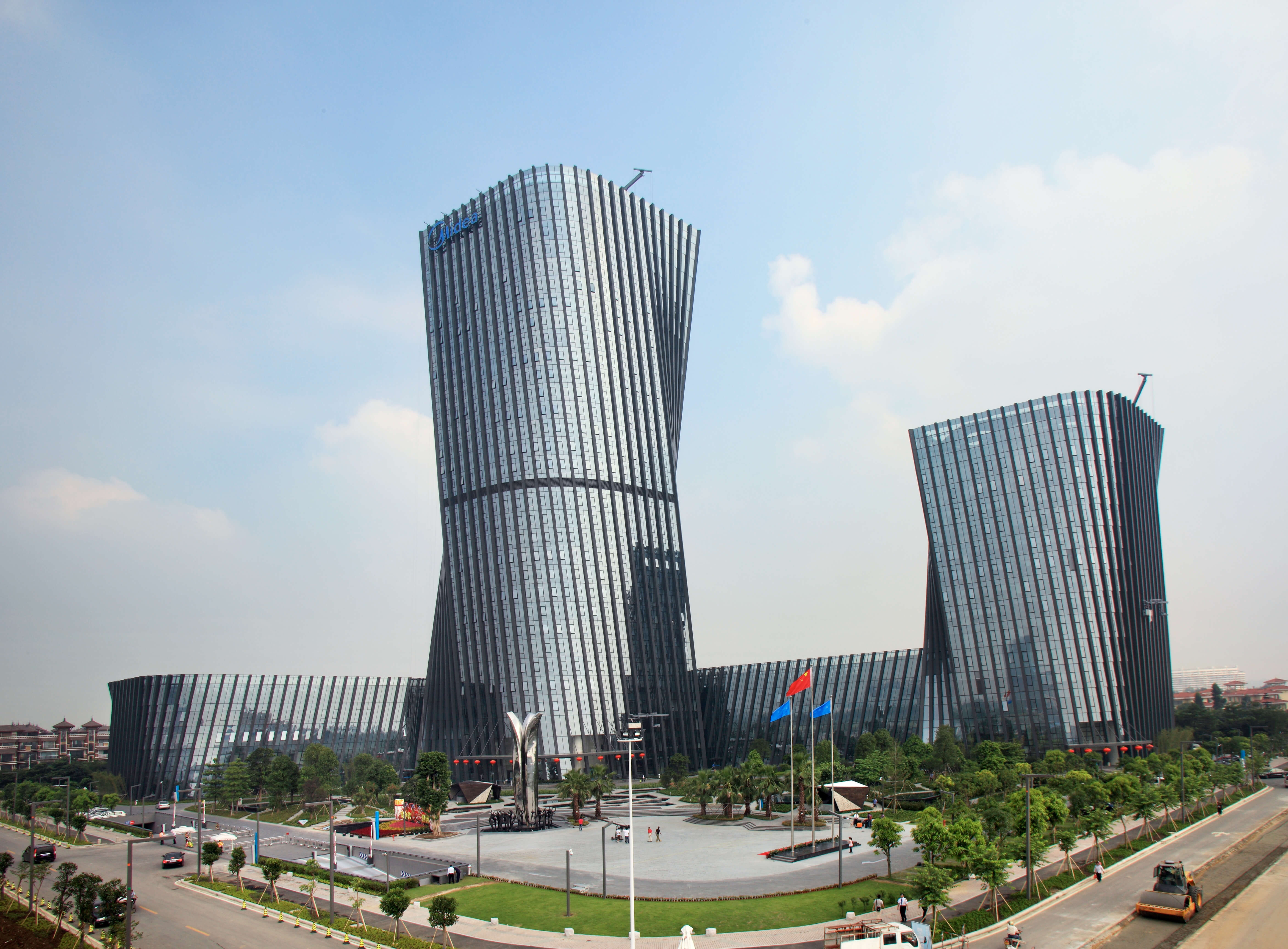
Paul Fang founded the Midea Group in the late 60s as an appliance manufacturing company. Over time, he expanded Midea’s production to include electric appliances and parts, water, flooring, air conditioning and heating.
In 2016, the company incorporated KUKA, a German robotics company. KUKA’s claim to fame came from developing the world’s first industrial robot in 1977. Their creative model helped to shape Midea’s line into an all-encompassing electric, automated appliance dealer. The merger of these two innovative developers is now arguably the largest producer of robots and appliances on earth.
The company began opening international production facilities in 2007 and currently has 60 branches overseas. A new office in New Jersey in 2015 doubled its land size in the USA, and the establishment of a new production plant in Kentucky has piqued the attention of economic investors in the company as they watch to see what plans Midea has for expansion and job building in the Americas.
3. Wanda Group
Revenue: 39.47 billion
Founded:1988, Wang Family
Employees: 130,000
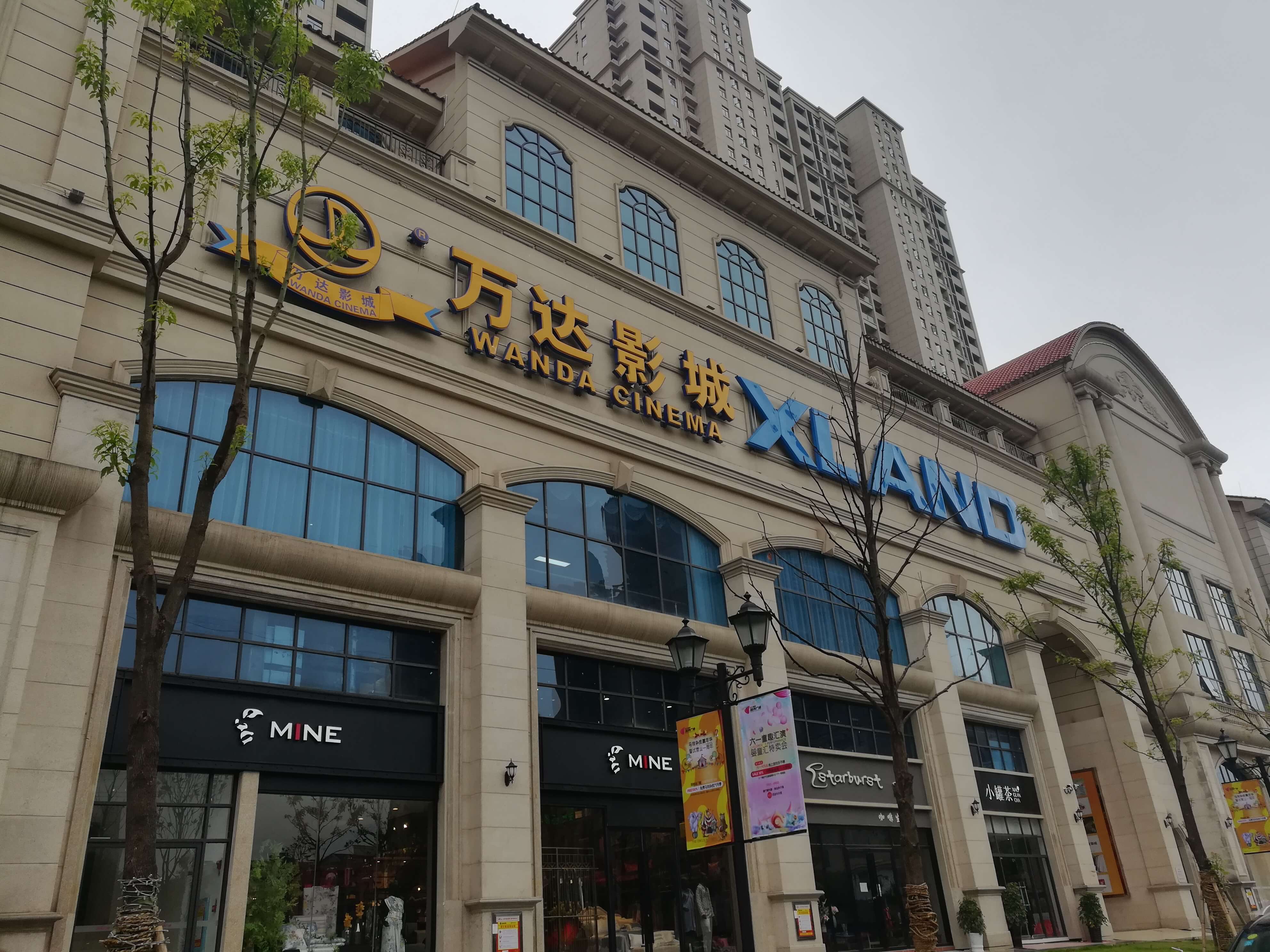
Conglomerate company, the Wanda Group (Dalian Wanda) was created by philanthropist, politician, investor and possibly most famously known as China’s wealthiest person, Wang Jinlin. Over the last three decades, it has grown to be China’s largest real estate developer. The Beijing-based conglomerate is the largest movie theatre operator on earth, hosting Wanda Cinemas and the HOYTS Group, and is an AMC Theatre majority shareholder.
The Mandarin Chinese “Wan Da” slogan translates as “to achieve anything”. This has proven true over the years for the Group, as company investments have expanded over a plethora of major industries such as media, technology, healthcare, sports and, more recently, e-sports and entertainer management.
Wang Jianling sits as the chairman of the Wanda Group, and his son, Wang Sicong, is the current Director of the Group. Sicong founded Invictus Gamin, an esports organisation, as well as Panda TV, a streaming channel and one of Twitch.tv’s primary competitors.
2. Amer Technology (ANMEI)
Revenue: 46.62 billion
Founded: 1994, Wang Family
Employees: 15,500

Based in Shenzhen, Amer Technology is a high-tech industry investor and developer. The company holds four mainland headquarters locations, as well as regional international headquarters in Europe and the United Sates. It is listed third in the top 500 Chinese enterprises and second among private manufacturing enterprises in China.
Amer’s product manufacturing continues to diversify and expand and is more recently following suit with various dominating manufacturing entities in an attempt to become more environmentally conscious. According to founder Wang Wenyin, the company is “determined to repay society for its contribution to (their) successes by contributing to ease natural catastrophes, in social welfare projects and cultural initiatives, … (and to) be environmentally responsible… through the use of clean energies and green technologies.”
1. Evergrande Group
Revenue: $47.93 billion
Founded: 1996, Hui Family
Employees: 140,000
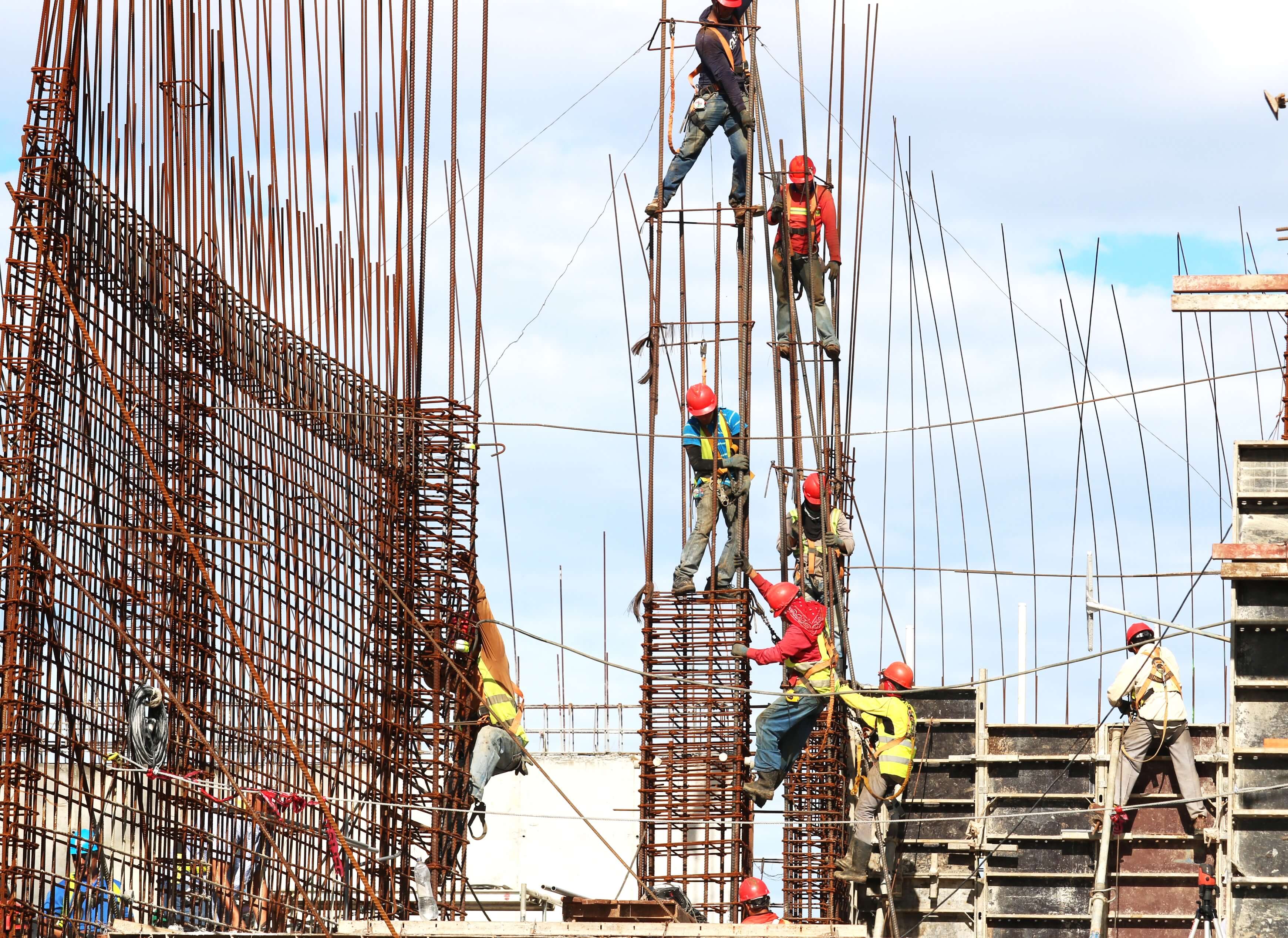
Previously known as the Hengda Group, Evergrande Group is one of China’s primary property developers. Xu Jianyin founded the company in Guangdong Province in Southern China’s Guangzhou. In addition to real estate development, the company owns Guangzhou Evergrande F.C., a football club it purchased in 2010. It also owns a football training facility and its own brand of mineral water.
Evergrande achieved the 94th spot on the Forbes 2019 Global 2000 list. The company boasts success due to its series of three-year plans, sighting an operation model of unified planning, bidding, procurement and distribution. Their 2006-2008 three-year plan outlined mainland expansion and delving into the global market. With rapid growth, Evergrande established locations in more than 20 Chinese cities, as well as collaborations with Temasek, Merrill Lynch and the Deutsche Bank.



